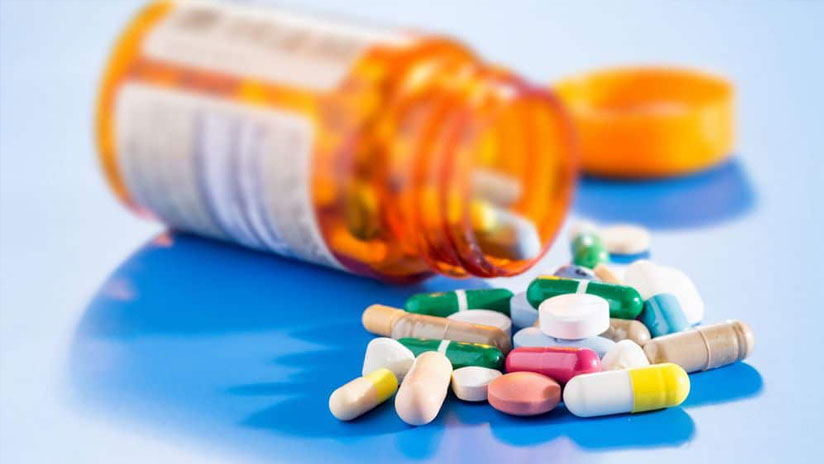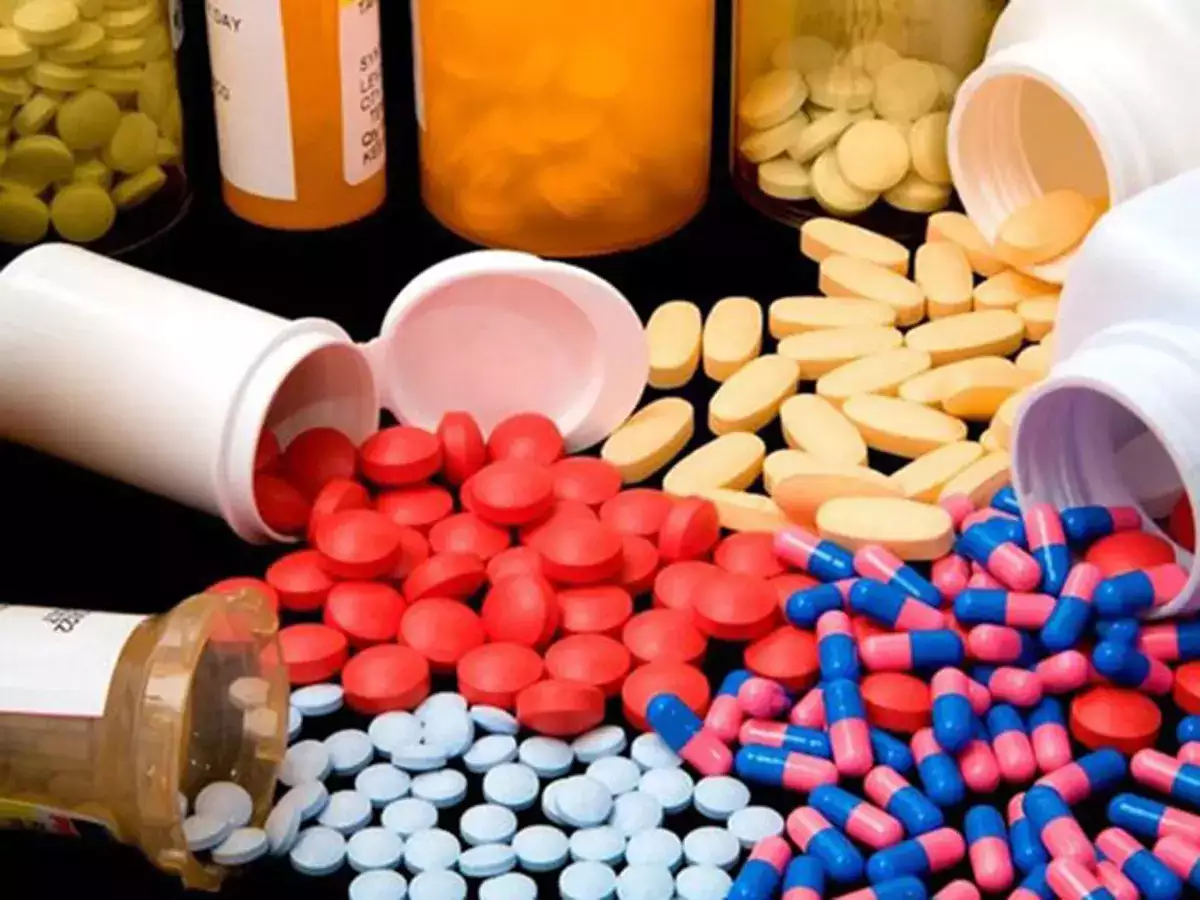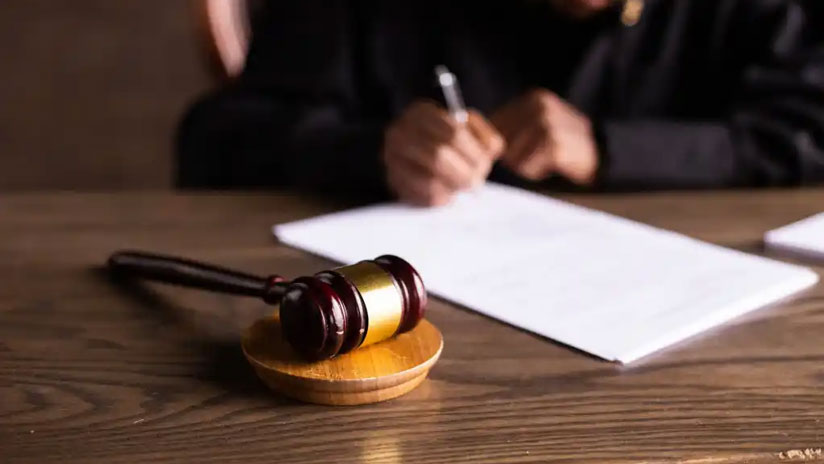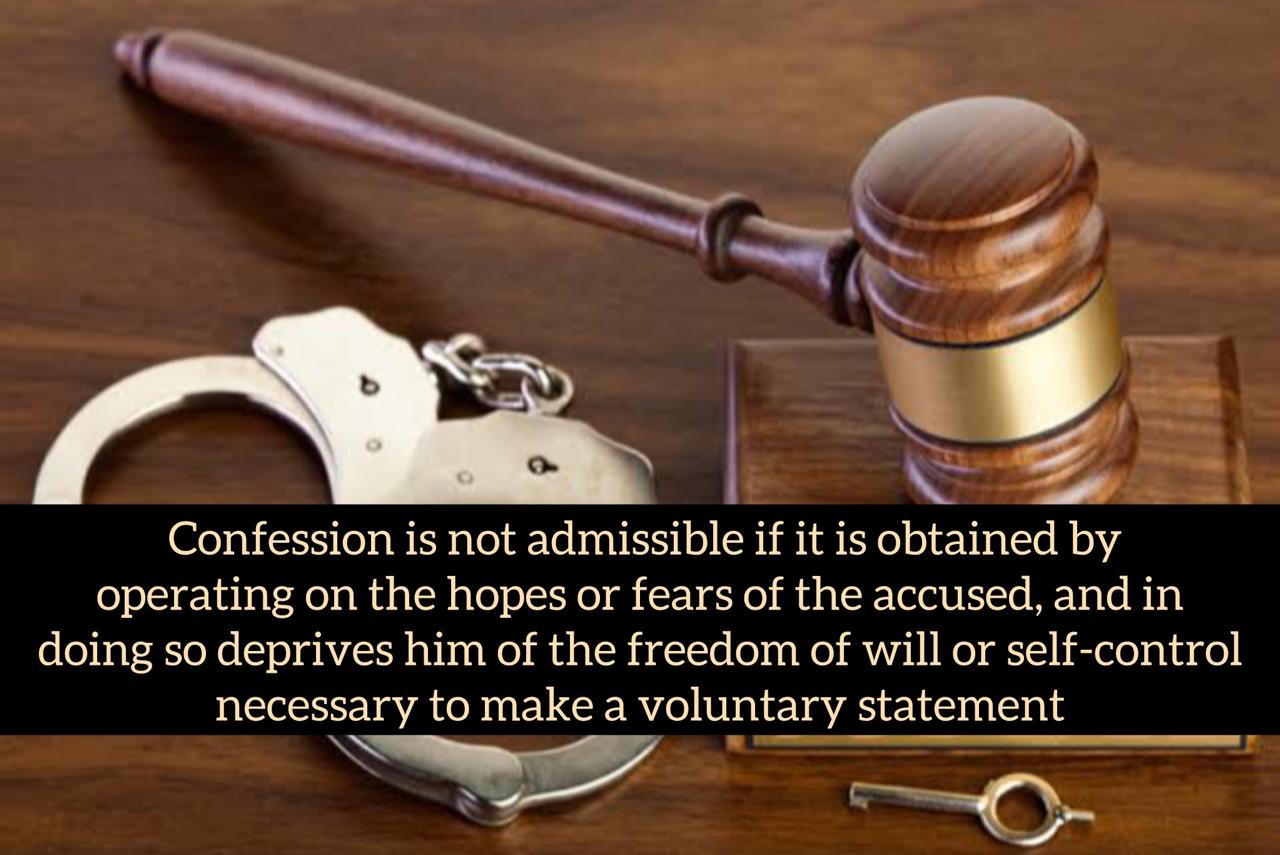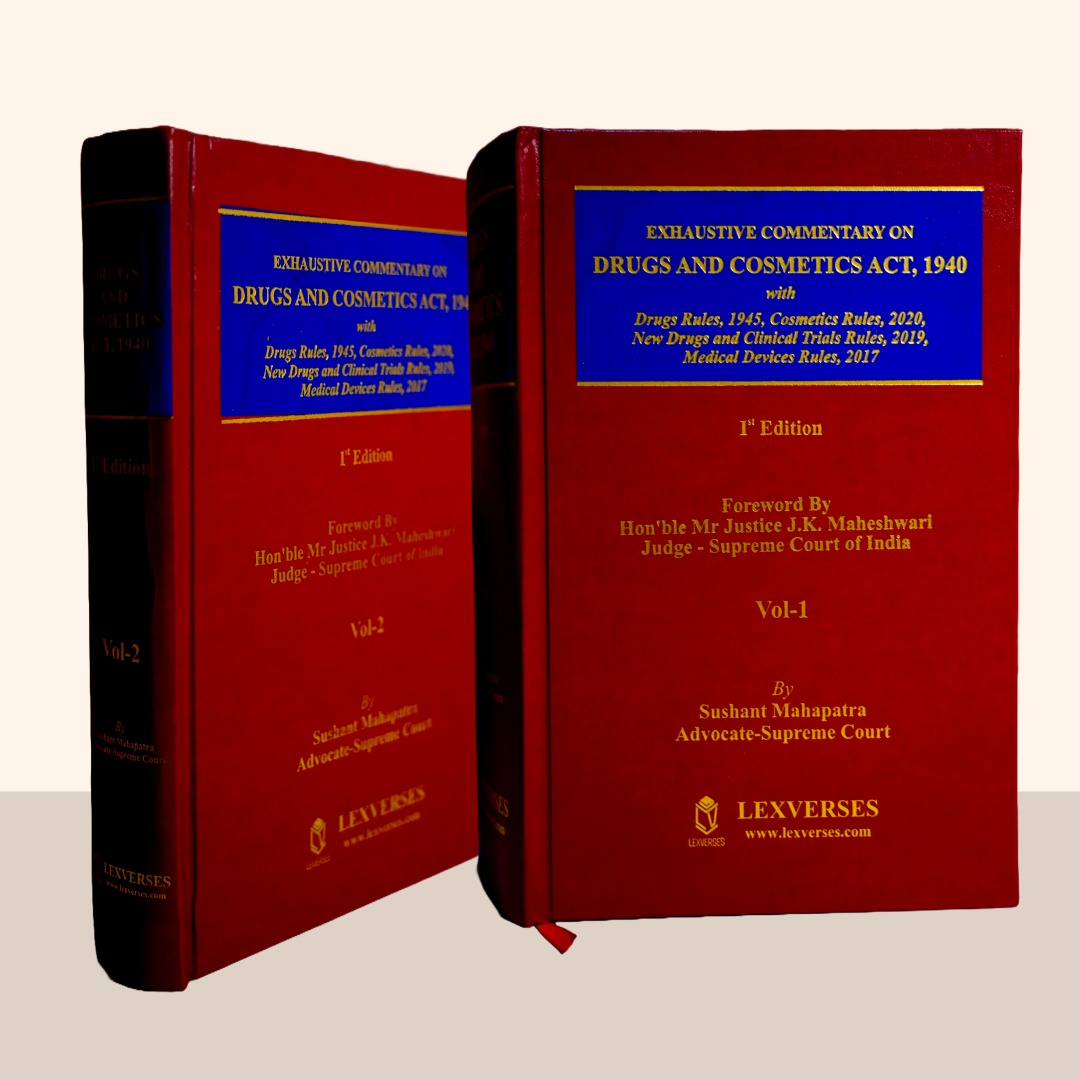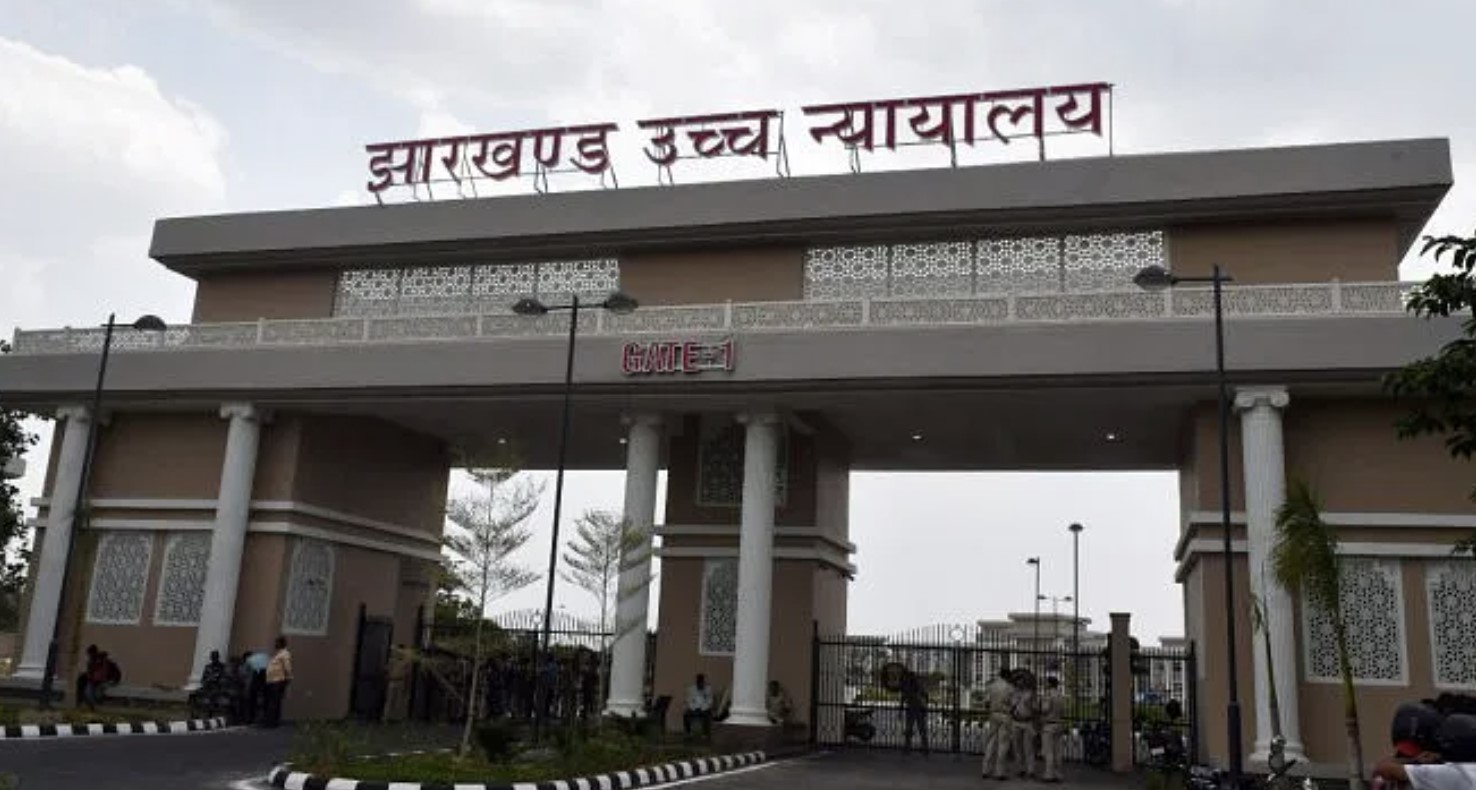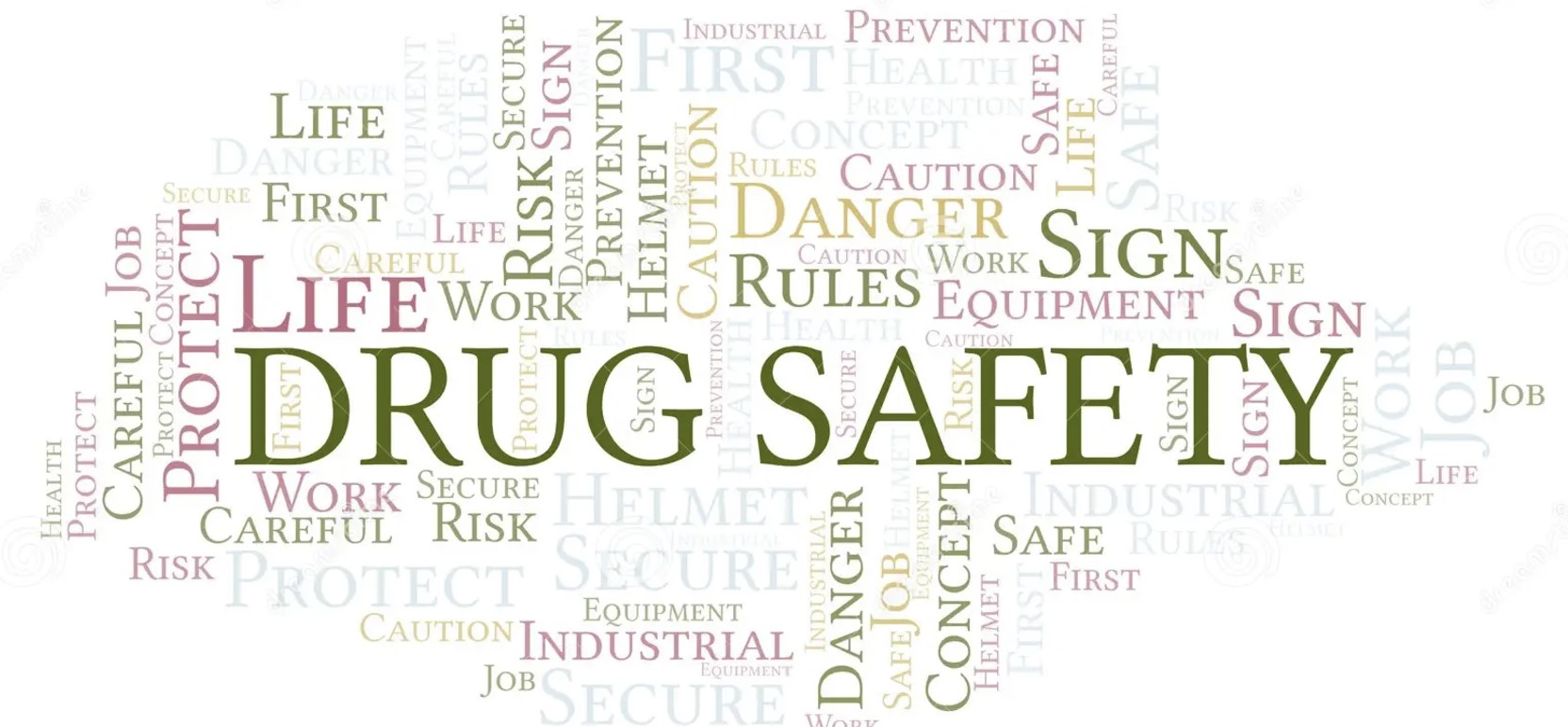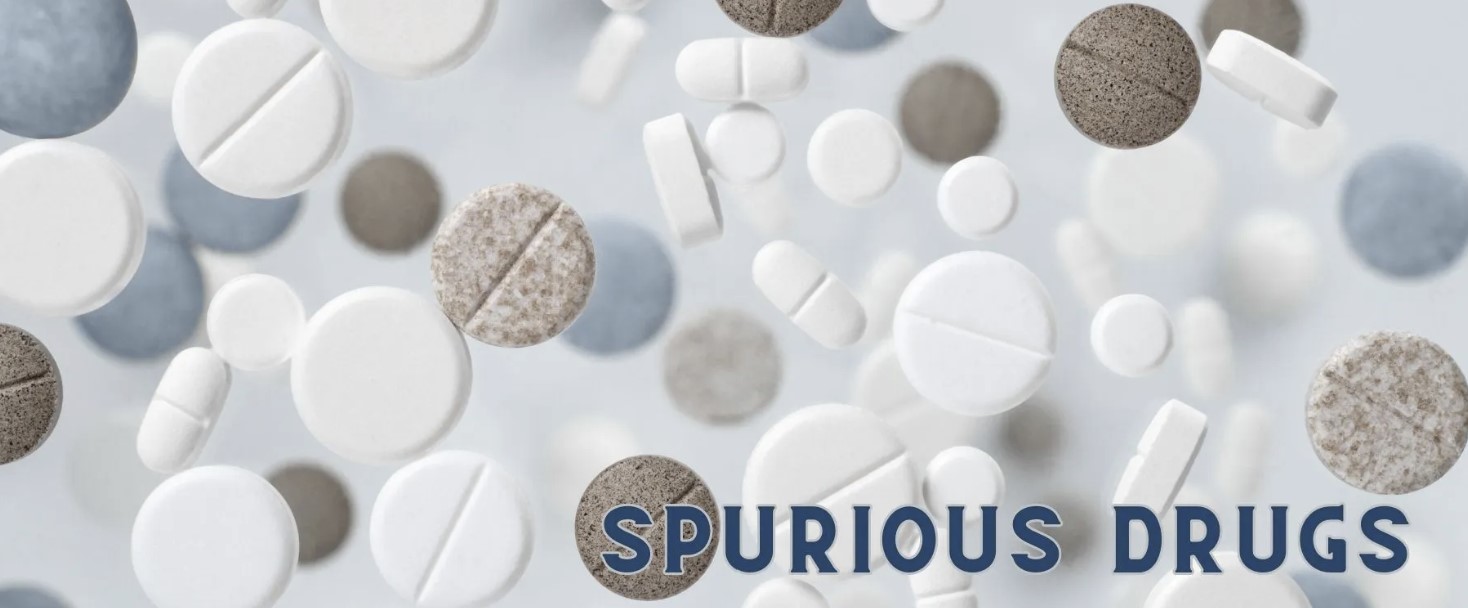Part 1 - Understanding the Code
The Department of Pharmaceuticals (DoP) under the Ministry of Chemicals and Fertilizer issued a circular to all pharmaceutical associations on 12 March 2024 to enforce the Uniform Code for Pharmaceutical Marketing Practices 2024, in short, UCPMP. The Code is based on the World Health Assembly's endorsement of the ‘Ethical Criteria for Medicinal Drug Promotion’ in 1988.
Through this circular dated 12.03.2024, the DoP requested
the All India Pharmaceutical
Associations to constitute an Ethics Committee, set up a dedicated portal on the association's website,
and take further
necessary steps towards
implementing the UCPMP, 2024. The code is not by way of any Rule or
Order under any provision of the Act
but only a self-regulatory code to be implemented through Associations. The power of appeal is reserved with the Department of Pharmaceuticals.
The
Code is divided into 14 paragraphs, and it appears that efforts have been made to consolidate already existing provisions
under the Drugs and Cosmetics Act 1940, Rules,
1945 and other laws like the Competition Act, 2002, Consumer Protection Act, 2019, The Drugs and Magic Remedies
(Objectionable Advertisements) Act, 1954, Drugs
Price Control Order, 2013, Legal Metrology Act, 2009, Essential Commodities Act, 1955,
etc.
The Claim of Usefulness of the Drug
The Court vide para. 2 ensures that the claim of the usefulness of the drug by companies must be based upon an up-to-date evaluation of all available evidence. No claim shall be made as to the safety or efficacy of a drug without proof, and no drug shall claim that there is no side effect, toxic hazard or risk of addiction. The use of the word NEW is restricted where the drug has already been marketed in India for more than a year.
The Code further requires no disparaging statement to be made
while comparing the product or brand
of one company to another. Whenever the pharmaceutical company makes any claim, it shall be substantiated and made available
to pharmaceutical and
healthcare professionals. [The false
claim is already covered under section 17 of the D&C Act,1940,
and rule 96 of Drugs
Rule 1945, which provides for the manner of labelling and prohibits
any false claim being made on the label of the drug].
Promotional Materials:
Emphasis is placed on misleading advertisements and promotional material. Such materials shall contain specific information such as the list of active ingredients, generic name, recommended doses, method of use, adverse reaction, warning, precaution, etc. The code further provides for regulating journal advertisements, and such journal advertisements shall not be misleading or disguise their real nature. The use of healthcare professionals' photographs is also restricted and prohibited. [The above aspects are already covered under the Advertisement Standard Council of India Code, 2006 and unfair trade practices under the Consumer Protection Act, 2019 ]
Trademark and Copy Right
The
infringement of Copyright and Trademark is also taken care of in the Code by restricting copying or imitating any device, logo or slogan
of other companies which is likely to mislead or confuse the public. In Para 4, the practices of the
medical representatives are sought to
be controlled, and companies will held responsible for any activity of the medical representatives. The restriction is
put upon the medical representative not to employ any inducement to gain an interview and not to pay under any guise for access to the healthcare professional.
Free Drug samples
Paragraph 5 of the code deals with brand reminders. Free drug samples
are restricted to the complete
course of three patients, and no more than twelve such sample packs per drug can be offered to healthcare
practitioners per year. The sample shall be marked
as a ‘free medical sample, not for sale’ or be a similar declaration on the package. The code further provides that
the company and the recipient doctors shall comply
with the relevant provisions of the Income Tax Act 1961 concerning the deduction
and reporting of income.
Part 2 - Understanding ‘Uniform Code for Pharmaceutical Marketing Practices 2024’
Continuous Education
Program:
Vide Para 6, the Code provides for
controlling continued medical education. Conducting seminars at foreign
locations is totally prohibited. Continued medical education is allowed only
through medical colleges, teaching institutions, universities, and hospitals. The professional association of doctors and specialists and institutions like NIPER, ICMR, DBT, CSIR, Pharma College, and other academic and research institutions can conduct education programs and
companies can sponsor these organisations.
Pharmaceutical companies, including their
trust and public associations, can
also conduct continuing medical education, either
alone or in collaboration with the professional bodies/institutions as stated above.
Restriction on Doctors etc. to act as consultant
Vide Para 7, the healthcare professional is restricted from acting as a consultant or in an advisory capacity for pharmaceutical companies except under the consultancy agreement. The payment received shall be subject to the Income Tax Act 1661, and it has to be
ensured that the patient's interest is not compromised.
Gifting, Travel, Hospitality, Monetary Grant Prohibited
Para
8, regulates the relationship with healthcare professionals and prohibits gifts, travel, hospitality and monetary grants in any manner.
Such prohibition also includes directly
or indirectly stopping
such grants, such as gifts, travel,
hospitality, etc., even through distributors, wholesalers, retailers, etc.
Where any item is missing, the
Code as per the Indian Medical Council (Professional Conduct, Etiquette and Ethics) Regulation, 2002, as amended
from time to time, will prevail.
Ethics Committee
Vide Para 6, the All India Pharmaceutical Association shall constitute an ethics committee for pharmaceutical marketing practices. Anyone can lodge a complaint on the association portal, which will be linked to the Department of Pharmaceuticals. The ethics committee of the association will have three to five members. The board will approve the composition of the association and prominently place it on the association's website.
Complaint Procedure
If the complaint is received by an association against a company that is not its member, then such complaint shall be forwarded to the concerned association. In the case of companies who are not
members of any association or members of more than one association, the complaint should
ordinarily be handled by the pharma Industry association to whom the complainant has addressed the complaint
and where necessary, it will
seek guidance from the department of pharmaceuticals.
Panel of Auditors
Associations may engage the services of professional auditors to facilitate better, independent examination and informed decisions during inquiry
Fees for Complaint
The complainant has to pay Rs 1000 along
with the complaint, and the association shall elaborate the payment method on their portal. Any complaint can also be
made to the Department of Pharmaceuticals,
which will be forwarded to the concerned association for necessary action. In
such cases, the concerned
association will take up the matter further
with the concerned complainant; the response from
the company must be given within 30 days of
receiving a notice.
The committee
decision shall be rendered within
60 days of receiving the
complaint, and such decision shall be notified to the parties in writing by mail. Where the committee decides that there is no breach
of a Code or that the matter of the complaint
is not within the scope of the Code, the complainant will be
advised in writing,
including advice on the appropriate forum to approach
in such cases and where the committee found that there is a breach of a Code, the respondent company
will be advised in writing, including the remedial
steps that need to be taken.
Appeal
In this regard, the provision of appeal has been provided. Such an appeal will lie to the secretary. Department of Pharmaceuticals, the
joint secretary, and finance officers dealing with the subject are its members, and the secretary will head the committee. The appeal shall
be filed within
15 days, which may be extended by another 15 days if
a reasonable explanation is offered. The apex committee hearing the appeal shall give notice to both parties and, after being
heard, give a final decision or ruling within six months from the appeal date. The Ethics Committee may prescribe any penalties
or refer to
the appropriate agency or
authority of government in accordance with para. 12. The decision of appeal shall be final and binding,
which, of course,
will be open to the writ jurisdiction of the High Court.
MD or CEO responsible
The responsibility of the chief executive officer of the company is provided for, and they shall be responsible for complying with the Code. The nomination form is also provided by way of an annexure, which will be held responsible for complying with the Code for the given financial
year. Thus, from the
above Code, it
can be seen that an effort has been made to provide a sort of subordinate
legislation, but the Code does not follow any consultation with the stakeholders.
If Code has any legislative backing?
It appears that the Code tried to consolidate various Acts and Regulations through a self-disciplinary Code. Still, ultimately, the power to impose a penalty or dispose of an appeal is vested with the Government Agencies, which appears to be not as per the provision of the law. The Government Agency cannot exercise any power without a source of such power enshrined under the Act or Rules. The Drugs and Cosmetic Rules 1645 does not allow any such Code, and no other law has been pointed out by the
Code which gives power
to the Department of Pharmaceuticals for
audit and
act as Appellate Authority. It is necessary
to see how the court will handle such a Code.
The Code does not refer to
any provisions of the Act,
and the source of power is not explained in the Code. Without a source of power, any rules or regulations framed by government agencies and departments will not stand the
scrutiny of the law. At the most, the Code can be taken as Voluntary
Guidelines. It will not be possible
to enforce the appeal mechanism and penalty provisions.
Author: Sushant Mahapatra Advocate- Supreme
Court of India
Founder- Mace Corporate Associates
Note: The view published above is personal and based upon the understanding of the author.


